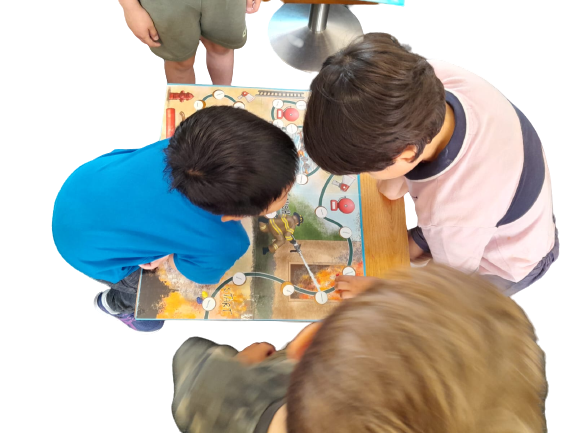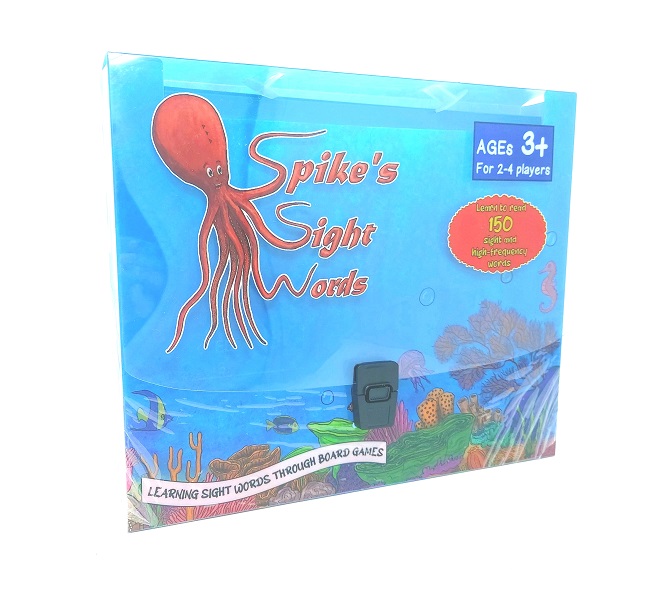
SENDCO or Superhero – how on earth can any one person even start to do it all?
Special Educational Needs Coordinators (SENCo) or SENDCo, (special educational needs and disabilities coordinator) are probably the most important person you will meet during your child’s SEN journey. They have a complex and nuanced role to play in the lives of pupils with special educational needs.
Being a SENCo is a demanding role that requires a big heart, oodles of drive, and a passion for providing support. It also requires a child-centred approach, with patience and collaboration. Their main roles will normally include tasks involving policy (overviewing budget, annual reviews and line management), practice (identifying needs, being aware of different types of SEN, understand SEN law) and parents (explaining, supporting and advocating to and for parents).

Here are some attributes that make a GREAT SENDco
Positivity
When others feel that a student ‘can’t remember things’, ‘won’t behave’ or ‘can’t cope in mainstream’, SENDco’s need to be the voice of positivity.
Calm
When others are showing high emotion, SENDco’s must be the calm voice of reason.
Rapport
SENDco’s might be called upon as the one who can get a child to pick up the pen, put down the chair or come out of the cupboard. They may be the one to coax a child back into school to learn. Their ability to build a rapport with the child will be invaluable when things get difficult.
Boldness
The best SENDCOs are constantly in corridors and classrooms. They are dipping into lessons, noticing things before they escalate and reassuring staff and students about what they are doing well. It takes a bold SENDCO to consider themselves able to walk into any classroom in a school, knowing that being nosey is an important part of leading SEND. Positive feedback to all can help this but it can take some boldness to be in and out of classrooms in this way.

The qualities needed
The buzz word is leadership. A SENCO is increasingly seen as a generic whole-school leader. It is suggested that SEN specifics can be learnt in the role, whereas it is much harder for someone with a Master’s in SEN to learn the requisite leadership skills.
They will need to be:
- a lead professional
- an advocate and knowledge/information manager
- a commissioner and broker
- a resource manager
- a partnership manager
- a quality assurer
- a facilitator
- a solution assembler…..



